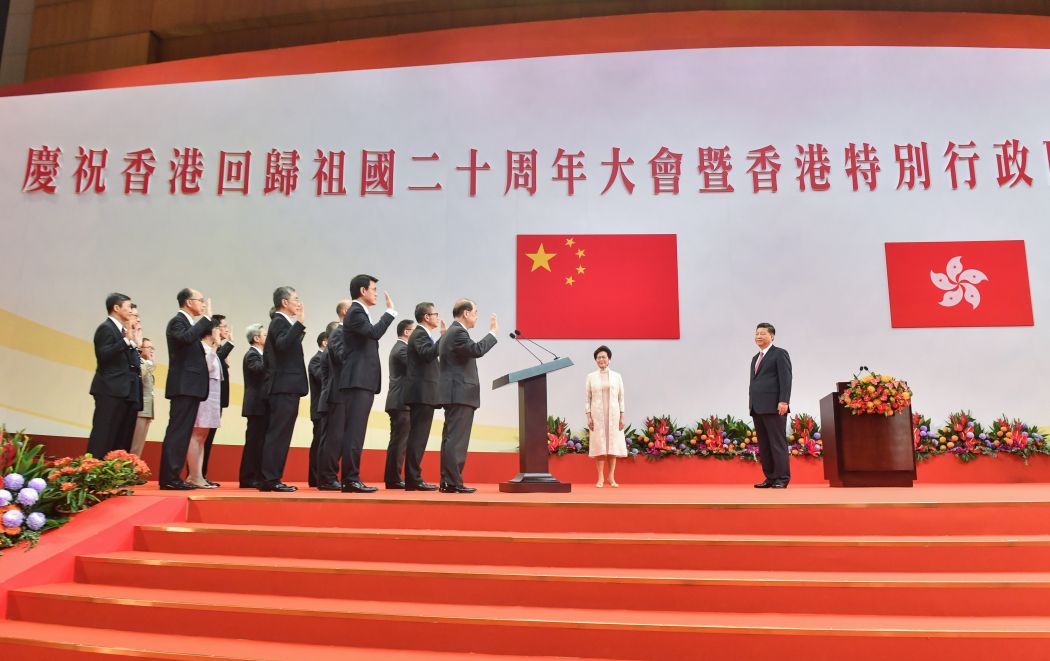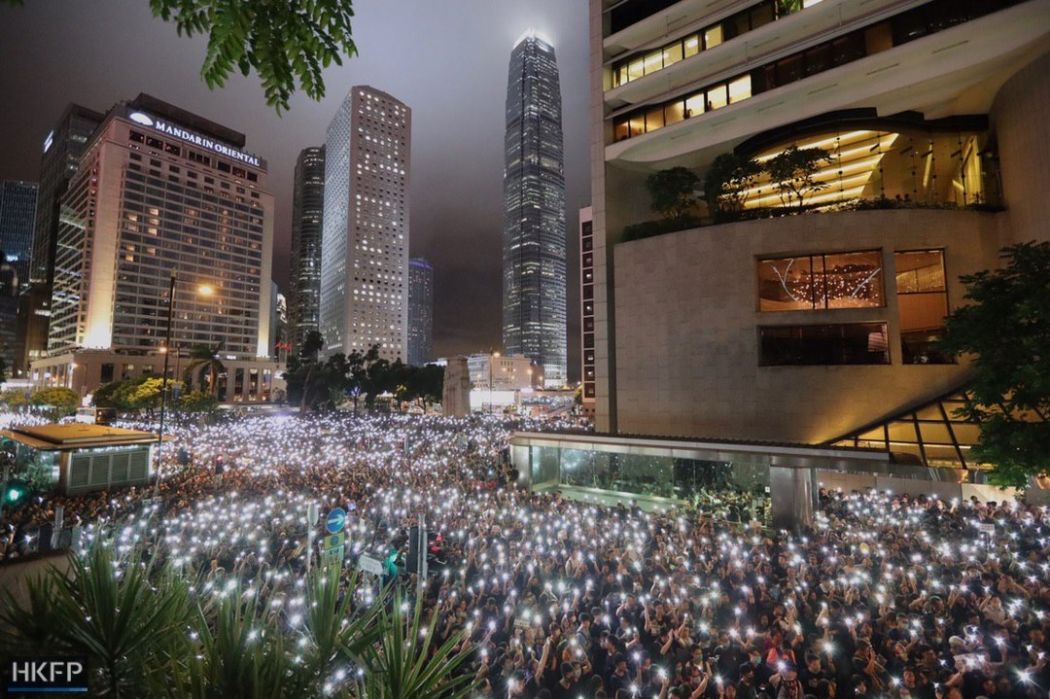The English language has many words for making a commitment, a reflection of the country’s feudal past. King John, when held to ransom by unhappy barons, extracted oaths of fealty in return for their commitment not to kill him as long as he relinquished some political power – hence the Magna Carta of 1215 and the mother of Parliaments.
Queen Mary, in returning the country briefly to Catholicism, offered her citizens the choice between a cruel and agonising death at the stake or an oath of allegiance to that church.
“Oath” is not the only word we have. Over the centuries, we have offered pledges, made promises, sworn allegiance, and entered into obligations and vows. All in all, English has developed a rich vocabulary with several shades of meaning and nuance, but it all comes down to the country’s feudal and religious past.

It is therefore with a certain charming irony that I was treated on Wednesday to the spectacle of our civil service making a feudal declaration of fealty to a party which was founded to combat feudalism and which is ideologically committed to atheism. And, let’s be clear, whatever the form of words – something about upholding the Basic Law – the oath that those senior civil servants took was an oath of loyalty to the Communist Party of China.
Having said that, there are some peculiarities. The Oaths and Declarations Ordinance is a fairly tame piece of legislation. The first part concerns itself with the variations in wording and form with which Christians, Jews and the collective rest of humanity including – horror! – atheists, make their oaths. However, one point on which the ordinance is clear is that an oath is to be taken in front of “[a] court and a person acting judicially.” Far be it from me to fret that our Chief Executive was neither a court nor a person acting judicially, but, if she wasn’t, the oath on Wednesday was null and void.
Another peculiar lacuna in the ordinance is that the oath the civil service is about to take is not actually in it. We have, in Part IV, the oaths of the CE, LegCo and Executive Council members and so forth, but there is not, in the ordinance, an oath for civil servants. The more one looks, the more it appears that the government’s new favourite stock phrase, “in accordance with the law,” cannot apply to the civil service pledge as there is no law with which to accord.

Which is odd, because according to a recent China Daily editorial, “the oath is not ceremonial but a legally-binding pledge made by public officeholders to the HKSAR. Any oath-taker who makes a false oath, or who engages in conduct in breach of his/her oath, or refuses to swear the oath should not hold office, because their refusal suggests they have a personal agenda that conflicts with the allegiances set out in the oath.”
Stern stuff. But it was the government itself, in apparent ignorance of the China Daily’s view, that described Wednesday’s oath-taking as a “ceremony.” And what a ceremony it was. In our increasingly Orwellian Hong Kong, for whose government 1984 appears to be an instruction manual rather than an admonitory work of fiction, 24 senior civil servants were arranged in two platoons, three abreast and four deep, socially distanced – with their backs, for most of the “ceremony” to the camera – in a stark white room which had more in common with a prison yard than a place of celebration.
They sang the national anthem and, right hands in the air (a strikingly Western form given that the pledge is to China), mumbled through their pledges.
I wonder what was going through their minds. This first batch consists of senior civil servants who have dedicated their careers to making Hong Kong a better place. I’m not saying they’ve done a great job of that, but I am saying that actions speak louder than words, and 30 years of public service ought to be proof enough of their loyalty. Apparently not. But then again, in these times, what proof is enough?
Support HKFP | Policies & Ethics | Error/typo? | Contact Us | Newsletter | Transparency & Annual Report | Apps
| HKFP is an impartial platform & does not necessarily share the views of opinion writers or advertisers. HKFP presents a diversity of views & regularly invites figures across the political spectrum to write for us. Press freedom is guaranteed under the Basic Law, security law, Bill of Rights and Chinese constitution. Opinion pieces aim to point out errors or defects in the government, law or policies, or aim to suggest ideas or alterations via legal means without an intention of hatred, discontent or hostility against the authorities or other communities. |
Help safeguard press freedom & keep HKFP free for all readers by supporting our team

More HKFP OPINION:
HKFP has an impartial stance, transparent funding, and balanced coverage guided by an Ethics Code and Corrections Policy.
Support press freedom & help us surpass 1,000 monthly Patrons: 100% independent, governed by an ethics code & not-for-profit.











